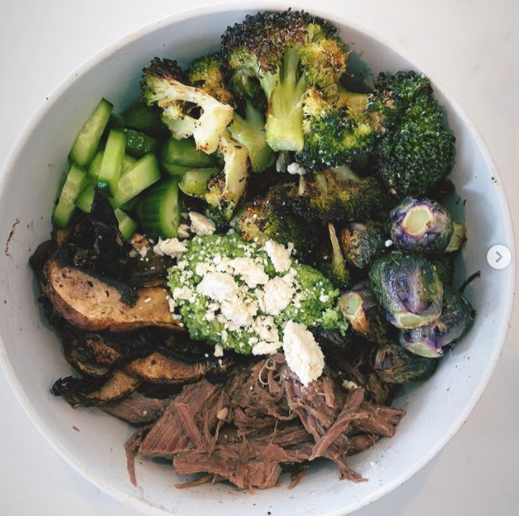#ThirstyThursday
- Sharan Scali

- May 16, 2019
- 3 min read
60% of your body, 73% of your brain and heart, 83% of your lungs are made of up water. This makes water the most critical nutrient you can provide your body. It is used in everything from digesting food, transporting nutrients into your cells, removing waste through your intestines, liver and kidneys, to regulating body temperature, and lubricating tissues and joints. Your body loses water through activities such as breathing, eating and sweating. Since it does not make water, your body's fluid stores can only be replenished through drinking more water.

Feeling lethargic or cramping up during your workouts? Before you reach for another hit of pre-workout, think about this - your muscles are primarily made of water, so without optimal fluid intake, your energy, performance and recovery will suffer. Even being 2% dehydrated can impact performance by as much as 10%. If you are optimally hydrated prior to your workouts, you won’t need to stop to crush water mid-WOD... So stop using that water bottle as a clutch during your workouts and ensure that you are primed for performance, prior to your training sessions.
The optimal water intake depends on your size and perspiration rate. A general rule is to consume at least half of your body weight in ounces. For example, a 150lb person should consume at least 75oz of water daily. Add approximately 32oz of water lost for one hour of exercise and that provides a baseline of 3-4L daily.
Tips to increase water intake throughout the day:
-Start each morning with a glass of water as soon as you wake up
-Carry a water bottle in your bag so that you always have something to sip on wherever you go
-Take a work break every hour to refill your water bottle
-Drink a glass of water before each meal (hunger can often be confused with dehydration) -Mix your favourite herbal tea with a big glass of water (I love adding hibiscus tea to my water bottle)
-Infuse water your water with fruit, cucumber, etc…

Hydration during an outdoor CrossFit competition like the CanWest Games is a different beast. Last year we saw temperatures soar to 30 degrees and athletes fighting for a spot in the ice tubs. For long events in the heat, water doesn’t cut it to replace lost fluid. Electrolytes are essential to maintain proper mineral levels for nervous system function and muscle contractions. Sodium, potassium and magnesium are all critical trace minerals that are lost during exercise so replacing them with either a sports drink, tablet or powder will ensure optimal fluid levels and performance. Glucose is also necessary to provide energy for intense exercise and recover efficiently. Your body can only store enough glucose for approximately 90 mins of exercise - this is why simple carbohydrates are beneficial for optimal performance and recovery.
The optimal amount is again dependant on your size and perspiration rate. A general guideline for every hour of exercise is as follows:
Sodium: 360-400mg
Potassium: 100-200mg
Magnesium & calcium: at least 25mg
Carbohydrates: minimum of 5g (to help speed up absorption)
You can obtain electrolytes from dietary sources such as:
Sodium: pickled foods, celery, beets, table salt - I pour a generous sprinkle of pink Himalayan sea salt on everything!
Potassium: coconut water, bananas, avocados, sweet potatoes, beans
Magnesium: leafy green vegetables, nuts, seeds, whole grains
Calcium: dairy, eggs, collard greens, figs
A simple strategy during competition is popping a Nuun electrolyte tablet into your water bottle during events and replenishing with coconut water and bananas post WOD.




Comments